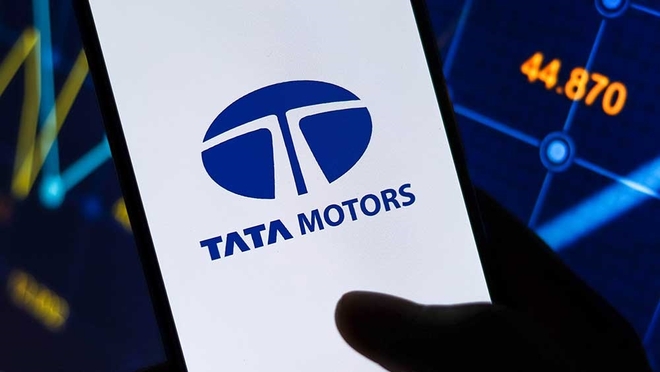 Anand Kumar
Anand Kumar
Tata Motors will soon issue ordinary shares in exchange for its DVR shares. For the uninitiated, DVR shares are shares that carry lower voting rights than ordinary shares. In simple terms, holders of DVR shares have a lesser say in decisions pertaining to company policies.
In the case of Tata Motors, DVR shares carry one-tenth of the voting rights of ordinary shares. However, DVR shareholders are paid more dividends (higher by five percentage points).
The swap ratio of this exchange is 7:10. This means for every ten DVR shares held, you will receive seven ordinary shares.
Why Tata Motors issued DVR shares
The company issued DVR shares back in 2008 to raise capital for its Jaguar Land Rover acquisition. However, over the last decade, SEBI has made several regulatory changes that restrict the issuance of DVR shares. This has led to DVR shares trading at a discount to their ordinary counterparts.
The rationale behind the swap
The management has stated that the swap will help the company reduce the complexity of its capital structure.
In addition, the capital restructuring will reduce the number of equity shares by 4.2 per cent. This will boost the earnings per share (EPS), rewarding all shareholders.
Are there any arbitrage opportunities?
There was indeed an arbitrage opportunity when the swap was announced on July 25, 2023.
- Tata Motors' closing price as of July 25, 2023: Rs 639.45
- Tata Motors DVR's closing price as of July 25, 2023: Rs 373.1
So, suppose you acquired 10 DVR shares on the announcement day for Rs 3,731 (Rs 373.1 multiplied by 10). Now, post the swap, you will get seven ordinary shares of Tata Motors.
Thus, the cost of acquisition of those seven shares would be Rs 3,731. However, if you had purchased seven ordinary shares of Tata Motors from the open market on the announcement day, you would have invested Rs 4,476 (i.e., Rs 639.45 multiplied by 7), nearly 20 per cent more.
Hence, you could have profited from this difference in the cost of acquisition (i.e., an arbitrage opportunity).
However, as has always been the case, investors noticed this opportunity and flocked to purchase the DVR shares. This led to a surge in DVR share price (over 12 per cent on July 26, 2023) and killed the opportunity.
In fact, most arbitrage opportunities meet a similar fate. We covered other similar examples in our July Issue of Wealth Insight.
Also read: What is a stock split?








